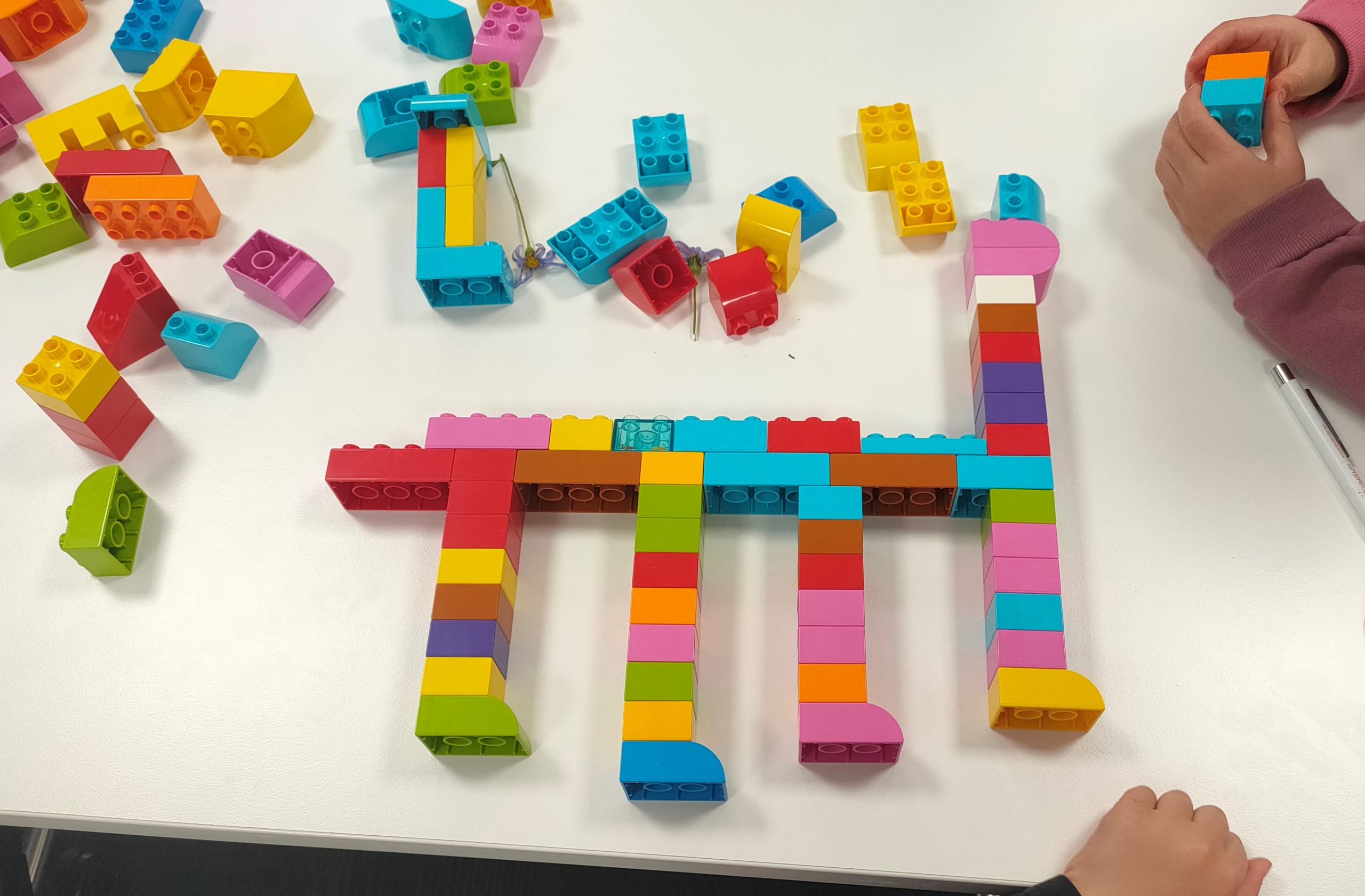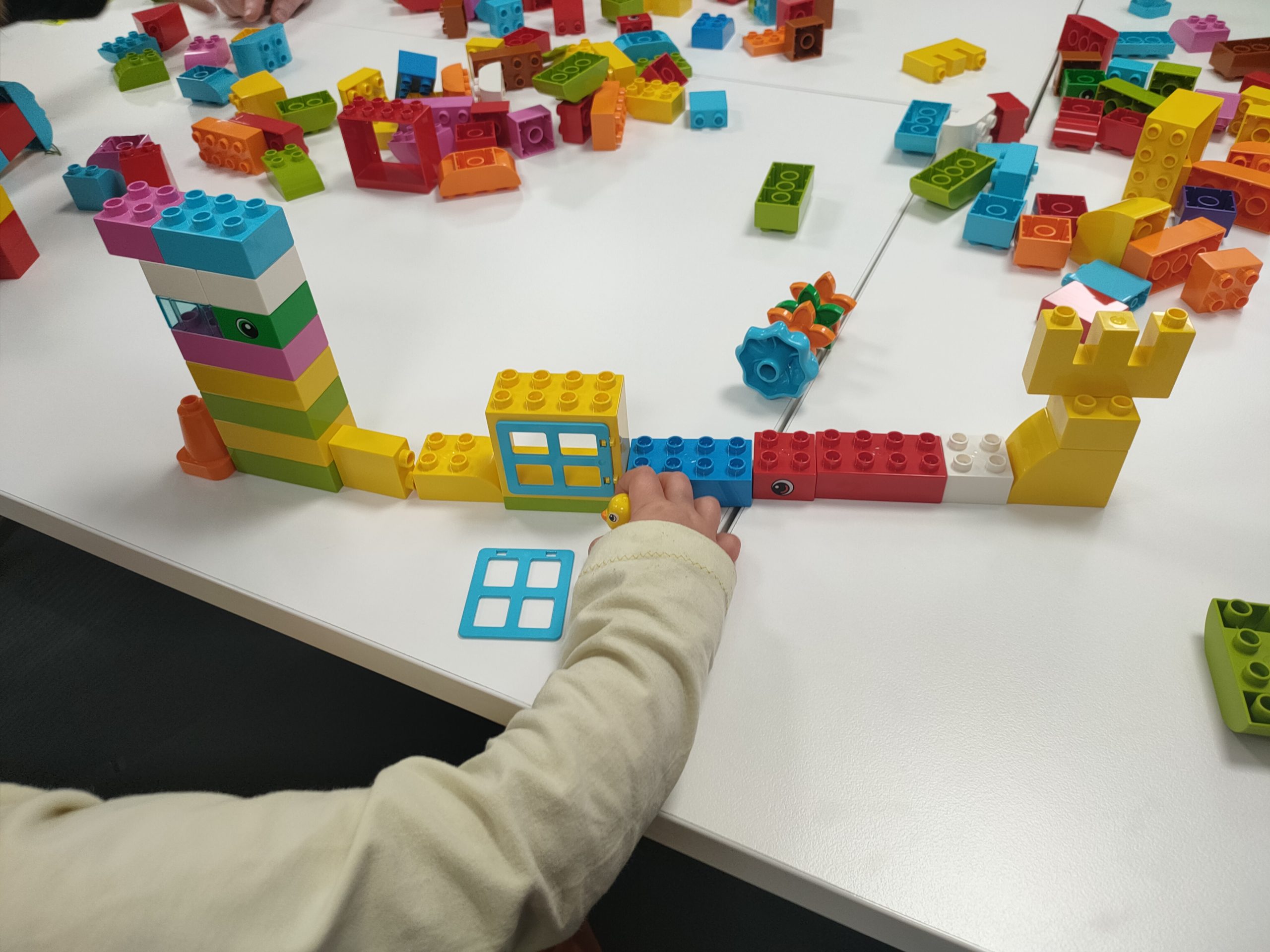Beyond “screen time”: Does the context of children’s digital technology use influence their health and developmental outcomes?
About the project
This project uses novel measures and analytics, and longitudinal tracking of families to provide meaningful guidance to families, professionals and policy makers to support children growing up in a digital world.
Exploring the context of children’s engagement with digital technology (e.g., content, co-participation, and daily timing) in addition to the time spent engaging with digital technology is critical to understand potential impacts on health and development, and to identify the contexts that might contribute to “quality” digital technology experiences for children. Additionally, research into the benefits or harms for children of engaging with digital technology may need to consider the interaction with other behaviours, such as sleep and physical activity.
Project aims:
- provide preliminary evidence for future research investigating key contextual components of children’s digital technology use
- inform guidance for families and professionals focused on promoting “quality” digital technology experiences for children
Project design
Phase 1
- conduct a systematic or scoping review to synthesise currently available evidence to understand the different contextual components of children’s digital technology use that may influence their health and development
- develop methods for coding and assessing different contextual components of children’s digital technology use reported by parents that may influence children’s health and development
Phase 2
- conduct secondary data analysis to investigate associations between different contextual components of children’s digital technology use and their health and development
- conduct secondary data analysis to investigate associations between children’s time use composition, including their time engaging with digital technology and their health and development
- To provide a body of information about children’s digital citizenship, in particular, one overarching inquiry about their understanding of digital citizenship and insights about ten aspects of children’s experiences (drawn from the literature review).
- To involve stakeholders, including children, as contributors to a holistic strategy for stakeholder engagement that involves the key concepts of attitude, awareness, ability and access, in order to mitigate the risks and maximise the resilience consequent to young children’s experiences of digital citizenship.
Partners: Edith Cowan University and the LEGO Group




